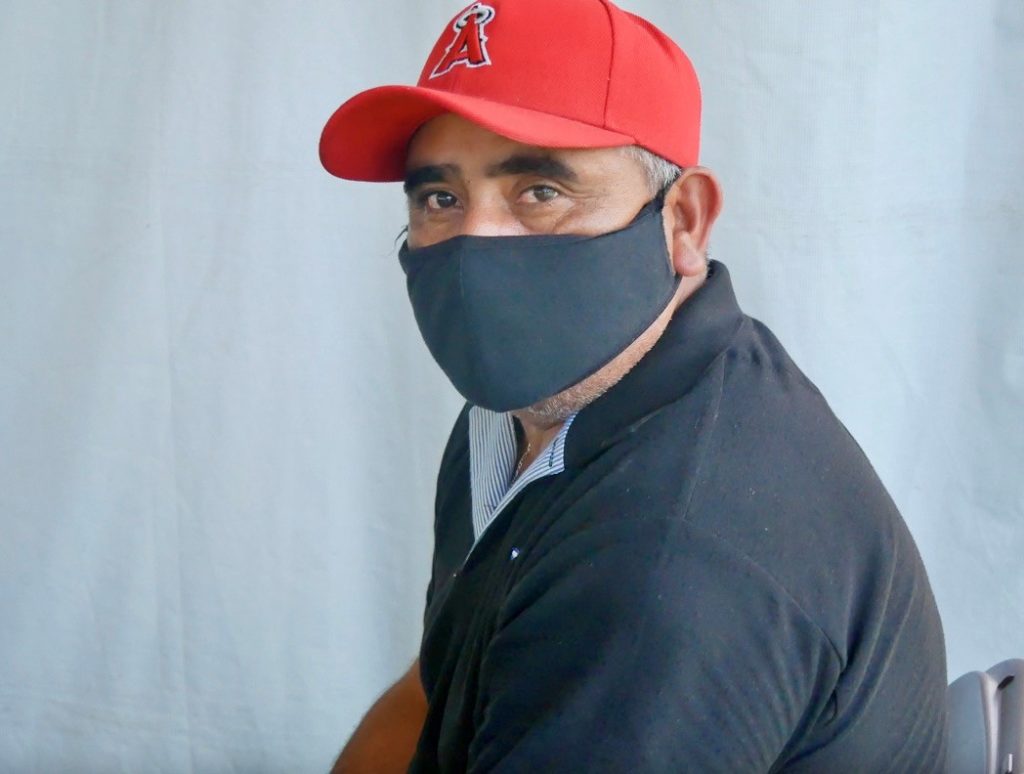Last updated May 8, 2023
The pandemic and what we know about COVID-19 prevention, vaccination and treatment continue to change.
KEY STRATEGIES: STAY SAFE, STAY INFORMED!
Stay informed by visiting the NCDHHS COVID-19 dashboard and the NCDHHS COVID-19 Information Hub.
Stay safe by making sure you’re up to date with your vaccines, testing early and seeking treatment if eligible.
1. Stay up to date with your COVID-19 vaccines
CDC updates on COVID-19 vaccines and boosters, available for everyone six months and older.
Everyone older than six months will now ONLY receive the updated COVID-19 vaccine that protects against more variants of the virus. The Monovalent COVID-19 vaccine is no longer recommended.
- Are you up to date?
Anyone six years and older is considered up to date if they have already gotten an updated (bivalent) dose. Bivalent doses were available in the U.S. after 09/02/2022.
Anyone six years and older who has not received an updated (bivalent) dose may do so at least two months after their last monovalent dose. In the case of a recent COVID-19 infection, three months must have passed since the positive COVID-19 test.
- What if you receive a vaccine that is not on the U.S.-approved List?
Wait at least 28 days after the last dose you received of that vaccine and then start COVID-19 vaccination over with the updated (bivalent) dose series.
FDA-approved COVID-19 vaccines in the U.S.: Pfizer, Moderna, Novavax, Johnson & Johnson (Janssen)
WHO-approved COVID-19 vaccines with the Emergency Use Authorization: Astra Zeneca, Sinopharm, Sinovac, Covaxin, Covovax, CanSino
- Age and health status considerations:
People aged 65 and older who already received an updated COVID-19 vaccine at least four months ago can get an additional dose.
Individuals with a compromised immune system may need at least one updated dose two months after their last updated COVID-19 vaccine, at the discretion of a health care provider.
2. TEST EARLY
COVID-19 rapid tests are readily available. Early testing leads to early treatment and reduced exposure for others.
- Check the expiration dates of your COVID-19 rapid antigen test kits. Many of the expiration dates have been extended. The new expiration date is easy to find online by searching the test kit type and lot number. Please reach out to us if you have any questions.
- Find where you can get tested now or pick up tests to take at home.
3. COVID-19 TREATMENT (for people with high-risk conditions)
Early testing leads to early treatment and reduced exposure for others.
